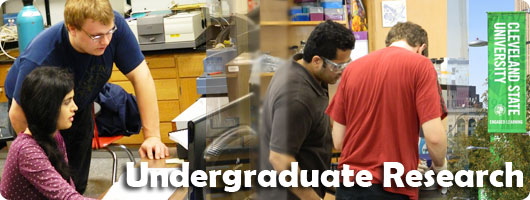
Space perception across the lifespan
Files
Description
Summary: It has recently been shown that older observers (in their 70's) judge distance to a nearby target (up to 12 m away) very accurately, while younger observers (in their 20's) significantly underestimate the same distance. Although this finding has important scientific and practical implications, more research is needed to confirm whether the observed age difference truly reflects improved accuracy in distance judgment. Importantly, it is possible that there is tendency to increasingly overestimate the distance as observers grow older, and the seemingly accurate performance exhibited by the older observers is a mere consequence of canceling the intrinsic underestimation of distance with the age-related overestimation. The present study is being conducted to address this issue by investigating whether distance judgment stays accurate in even older ages (i.e., 80's). If distance judgment is indeed improved in older age, these observers should continue to show accurate performance in the distance judgment task. Additionally, we aim to test middle-aged observers on the same task to uncover the time course of the change in distance perception through adulthood. This will provide an important clue for understanding what underlies the possible age-related improvement of distance perception.
Publication Date
9-14-2013
Recommended Citation
Moran, Kimberly; Menzies, Derek; Isom, Anita; and Yamamoto, Naohide Ph.D., "Space perception across the lifespan" (2013). Undergraduate Research Posters 2013. 27.
https://engagedscholarship.csuohio.edu/u_poster_2013/27



